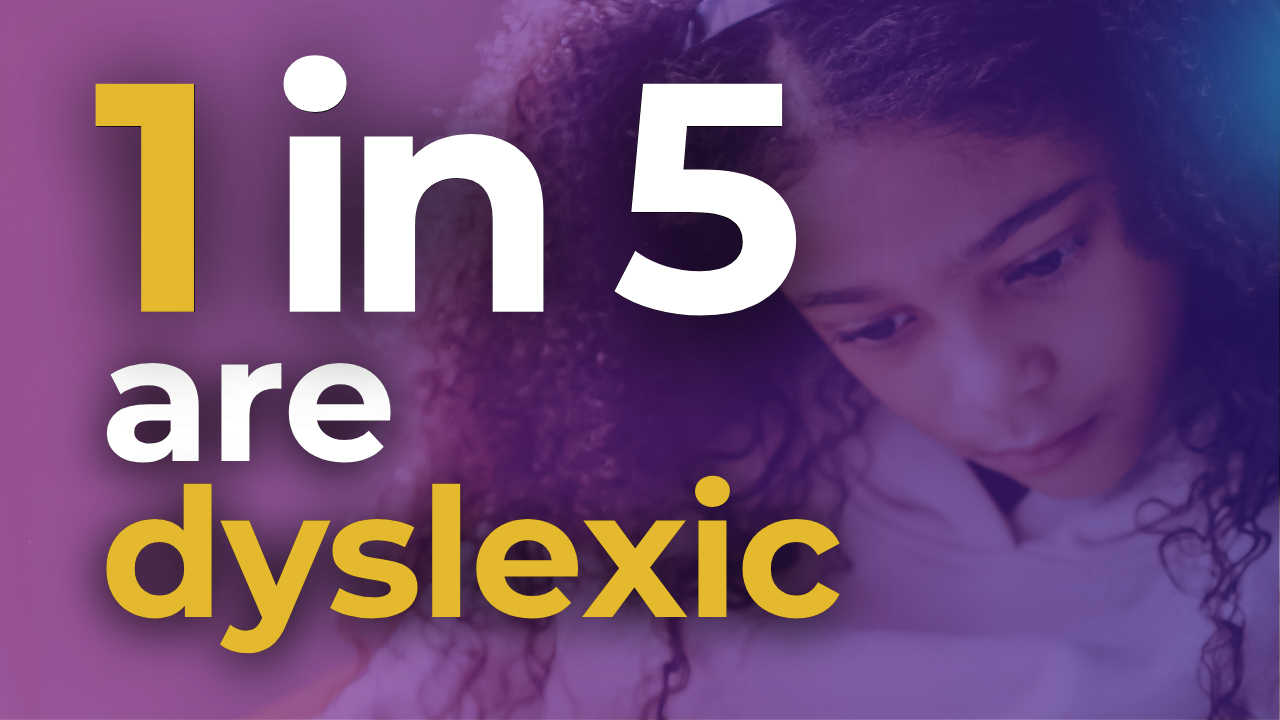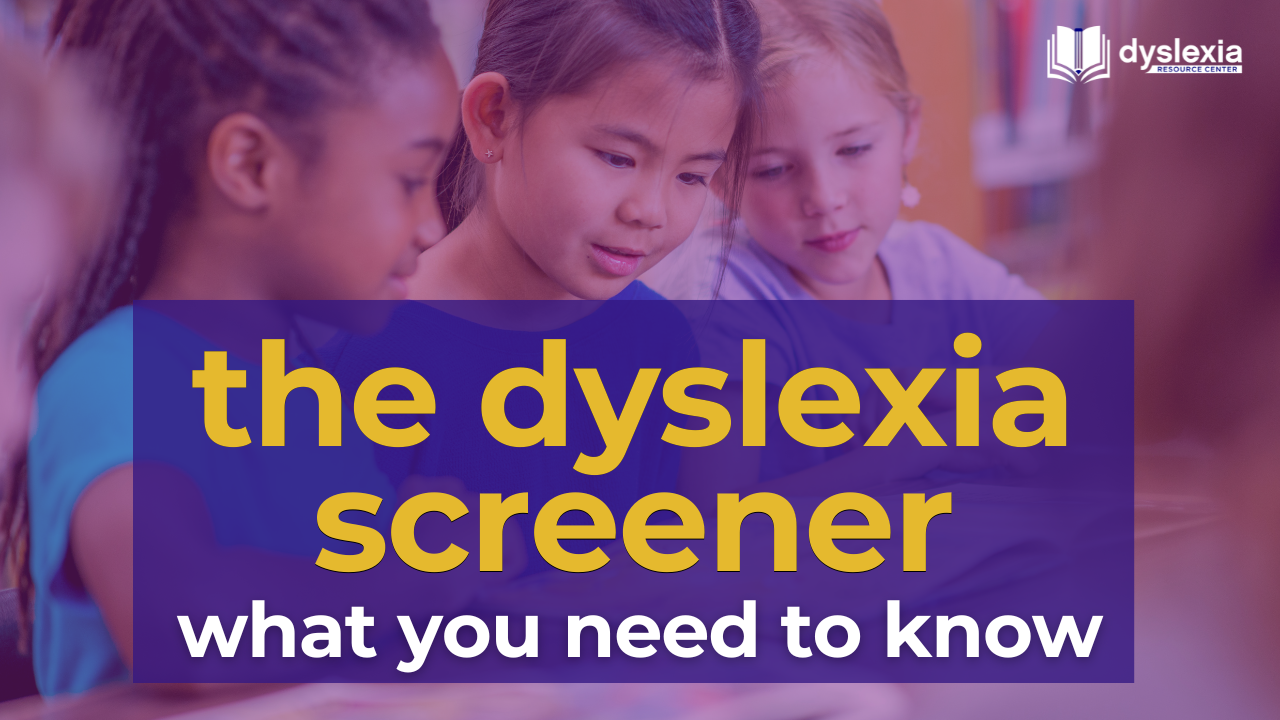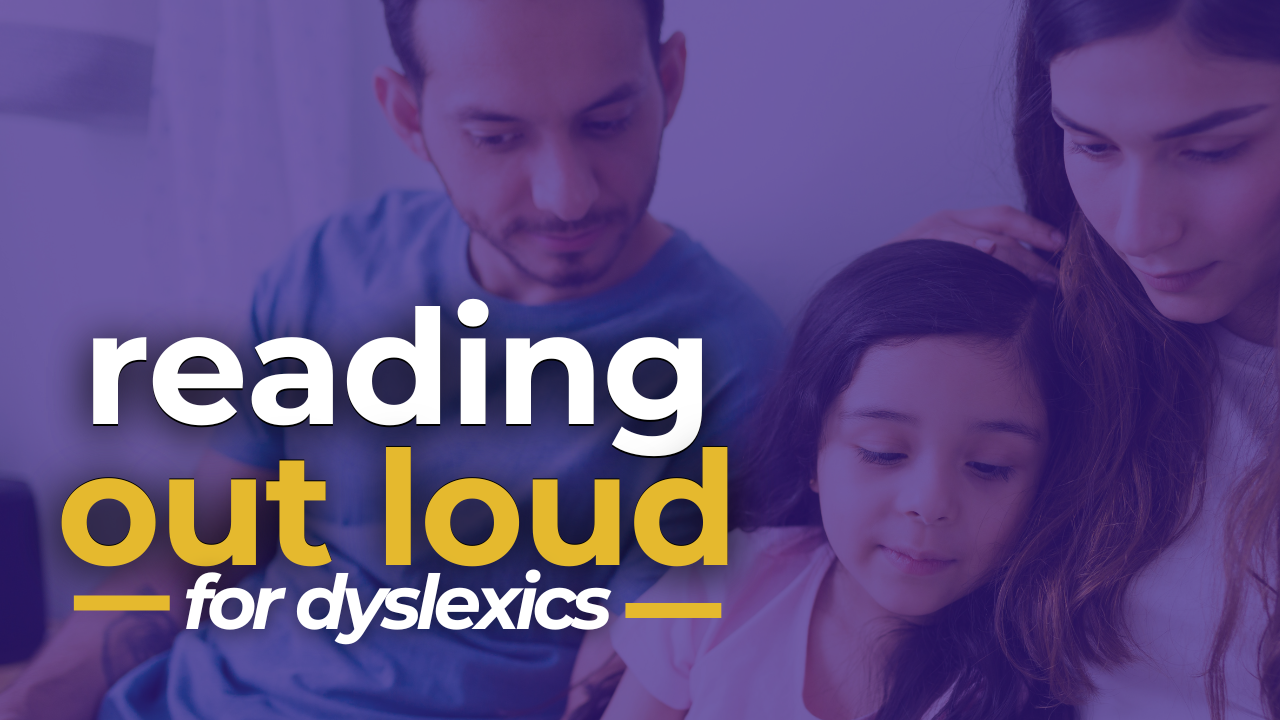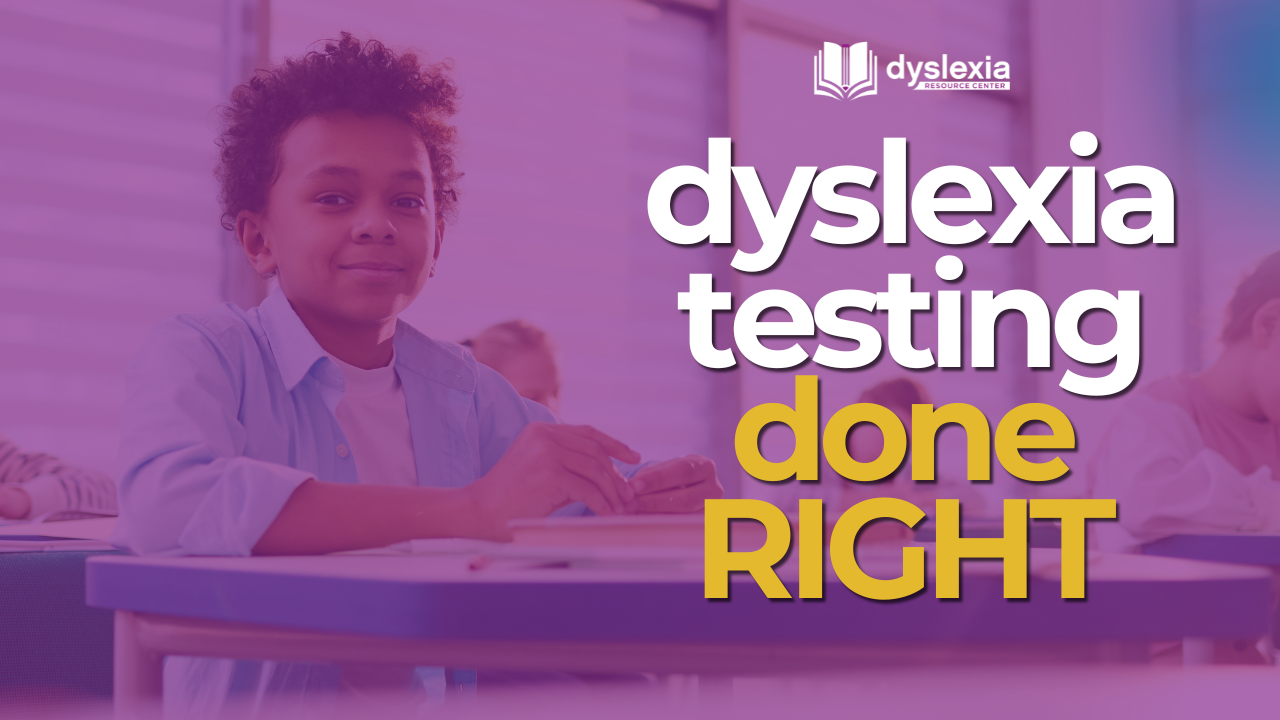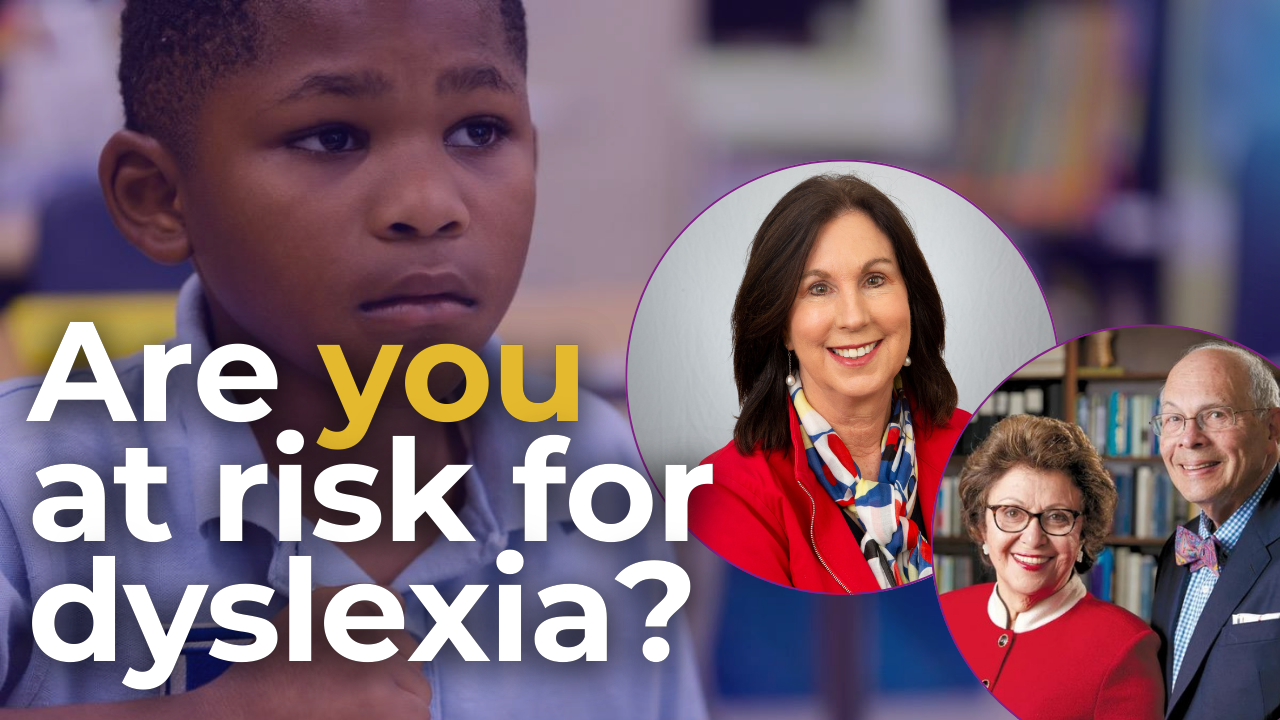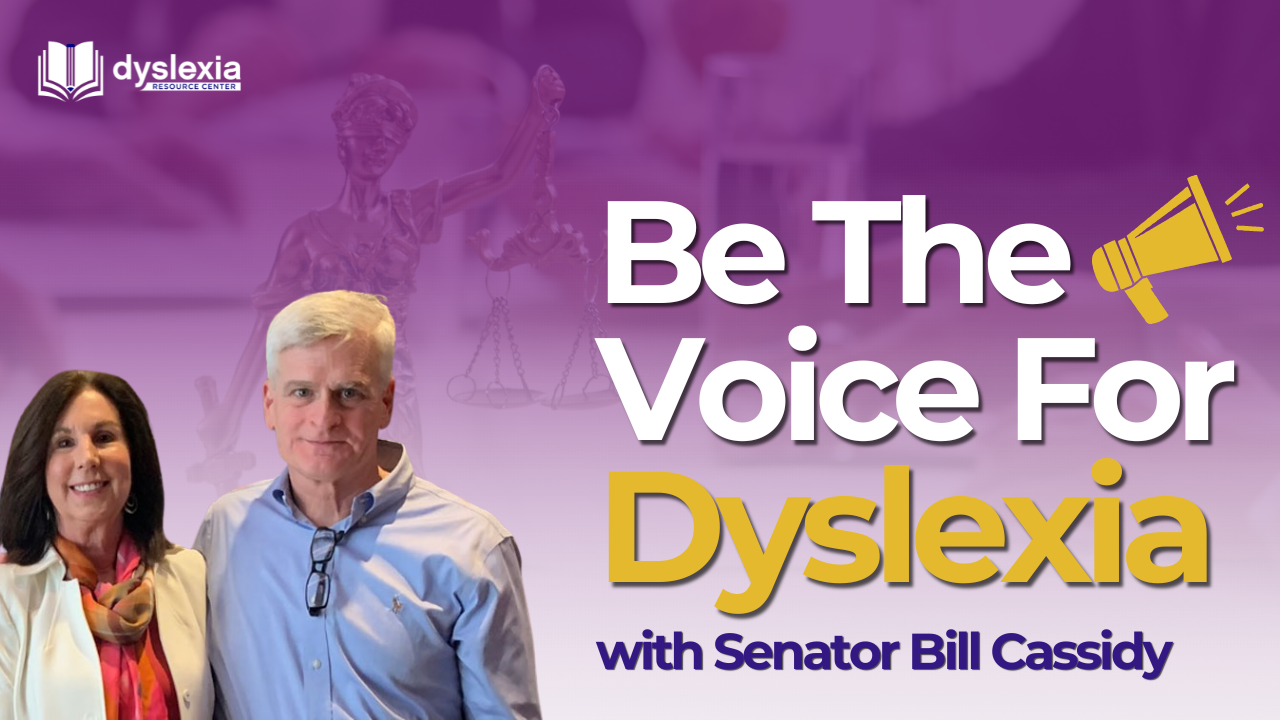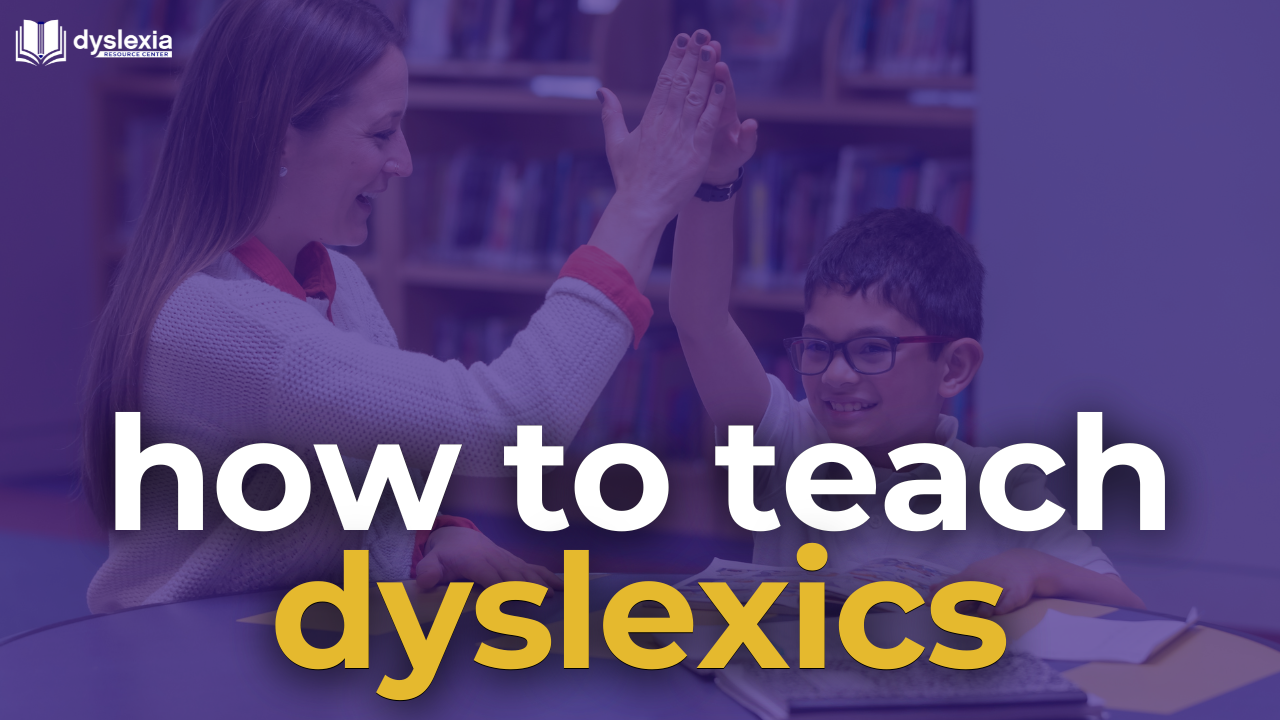We Are Here To Help Parents And Educators
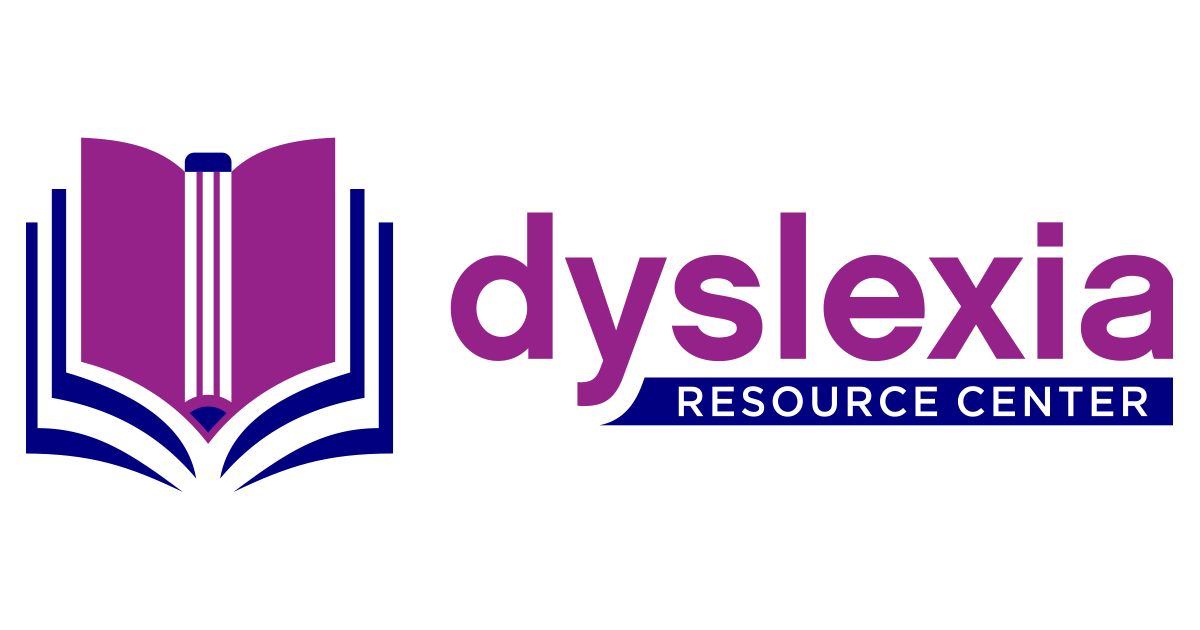
Could a child you know be dyslexic? If you as a parent or a teacher have a bright child that is struggling to learn to read in school, please read on. Dyslexia can be identified in kindergarten and if given the proper instruction dyslexic children can read without an audio device. In public schools, the law says the parent or teacher can initiate the process of evaluation for dyslexia. This “child find” is described below in an excerpt from a letter sent out by the U.S. Dept. of Special Education.
OSERS/ Melody Musgrove sent out a letter in 2011 regarding “child find”. It said that identification of children with disabilities should be timely and that no procedures or practices delay that identification. It further said that some instances, “LEAs maybe using Response To Intervention (RTI) to delay or deny a timely initial evaluation for children suspected of having a disability.”
It further stated that the “While the Department of Education does not subscribe to a particular RTI framework, the core characteristics that underpin the RTI modes are (1) students receive high quality research-based instruction in their general education setting; (2) continuous monitoring of student performance;(3)all students are screened for academic and behavioral problems; and (4) multiple tiers of instruction that are progressively more intense, based on the student’s response to instruction.” It further says “children who do not respond to interventions and are potentially eligible for special education and related services are referred for evaluation; and those children who simply need intense short- term interventions are provided those interventions.”
The OSERS/Musgrove letter further stated that “the criteria adopted by the State: (1) must not require the use of a severe discrepancy between intellectual ability and achievement for determining whether a child has an SLD; (2) must permit the use of a process based on the child’s response to scientific research-based intervention; and (3) may permit the use of other alternative research based procedures for determining whether a child has an SLD.
In other words, as Dr. Sally Shaywitz said …….“very foundation and basis of dyslexia whose definition resides in a comparison between a person’s reading (accuracy or fluency) and his intelligence, level of education, or professional status. Thus, dyslexia at its core and in its definition is disparity within the person, not comparing one person to another.….In diagnosing dyslexia, you are comparing that person’s reading ability to his cognitive ability, educational level, or professional stature.”
The Dyslexia Resource Center is here to help parents and educators so that children with dyslexia are identified and given the instruction needed for them to succeed. Issues can arise as when to test for dyslexia, how to test, what kind of instruction is necessary and for how long? How do I know my child will learn to read? Graduate high school? If you have questions about your child or a child in your class or school, please email or call us.
